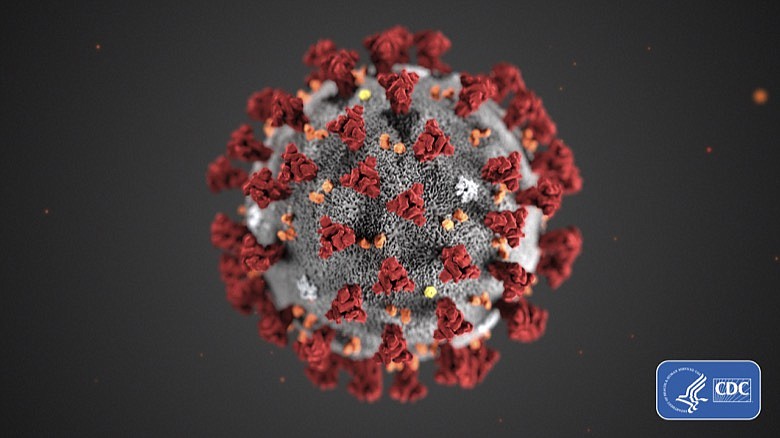July Fourth 2021 was a "big turning point" in the COVID-19 pandemic, and the county's health officer hopes history doesn't repeat itself this holiday.
As of Monday, there were 150 new cases of COVID-19 reported in Garland County for the week of June 20-27, the Hot Springs/Garland County COVID-19 Task Force said in a news release.
County Health Officer Dr. Gene Shelby confirmed the previous week saw 139 new cases with 67 the week before that. The county had a total of 250 active cases as of Monday.
Shelby said his main concern is the possible repetition of what he previously called a "Super Spike" in June 2021. On June 26, 2021, the county had 63 active cases. Four days later, the county had more than 320 active cases.
"The pattern of increasing cases that we're seeing now is similar to June of last year," he said. "And then in July of last year is when we really had a major surge."
Although Shelby compared the current trends in the county's cases to last year's, he acknowledges that many things have changed since 2021, including the accessibility of vaccines, wearing masks and social distancing.
"Certainly things have changed a lot in terms of more people getting vaccinated, also we've had more people that have contracted COVID and have some immunity from that," he said.
"One of the things that's also different this year as opposed to last year is the wide availability of home testing. So, we don't really know how many people that are testing positive at home because generally they aren't reported."
Last year, Shelby's concern was the delta variant and how transmissible it was compared to other strains of COVID-19. This year, however, the majority of cases in Arkansas are sub-variants of the omicron strain, which "tends to cause less severe disease, but they also appear to be more contagious," he said.
The vaccine provides protection against the omicron variant, he said, but "not 100%."
"There are a lot of people that have been fully vaccinated and boosted, and they're still contracting COVID. The good thing about the results of the vaccination is that it does continue to show good strength in terms of preventing people from getting seriously ill and dying."
One possible reason the county is continuing to see an upward trend in cases during the summer included the virus' ability to mutate, Shelby said.
"Last summer, we were seeing the delta variant mainly and this year we're seeing the omicron," he said. "The omicron is just much more contagious so that you don't have to have as much contact with someone that has the virus before it will spread to several people."
The best way to prevent the yearly trend from continuing is to get vaccinated, he said.
"I think that the fact that we're not having nearly as many people die from it is a direct result of the development of the vaccine and the use of the vaccine," he said. "And the way to really kind of eliminate the COVID-19 is getting a higher percentage of people vaccinated."
Representatives from CHI St. Vincent Hot Springs and National Park Medical Center reported a total of 16 COVID-19 patients as of Monday, up nine from the previous week, according to the release. There were three patients in intensive care at that time.
One COVID-related death was reported as of Monday, bringing the county's total to 513 deaths, the release said.
